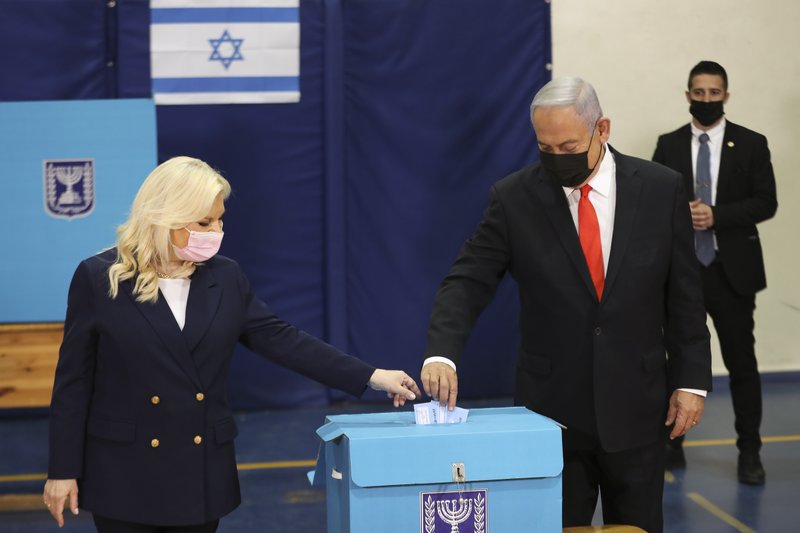With so much at stake in the outcome, it will be a pity if voting on Tuesday in Israel’s fourth election in two years ends up with yet another inconclusive result. The genius of the Jewish state, demonstrated in recent weeks by its remarkable, world-leading success in delivering COVID-19 vaccinations to most of its 10 million people, enabling the reopening of the economy, is incontestable. So is its achievement in being the Middle East’s only functioning democracy where the rule of law prevails, despite facing bellicose daily threats to its existence from neighbours such Iran as well as the hostility of countries across the world trying to bring it down. But Israeli politics is another matter, and the challenge to Israeli voters is to learn from the messy political uncertainty of the past two years and elect a stable government that has at least a decent chance of serving a full four-year term.
Once again, as David Horovitz wrote in The Times of Israel, the election is “all about Bibi”. It is a referendum on whether the country’s longest-serving prime minister, Benjamin Netanyahu, 71, should be allowed to form another governing coalition or whether the forces ranged against him should finally get their way and supplant him. As in the previous inconclusive elections, no opinion poll shows Mr Netanyahu or any of his opponents close to getting the 61 Knesset seats needed for government. Projections suggest his right-wing Likud party will win 30 seats. With ultra-Orthodox allies and a small far-right party, he could get 50 seats.
Read the editorial in The Australian.

